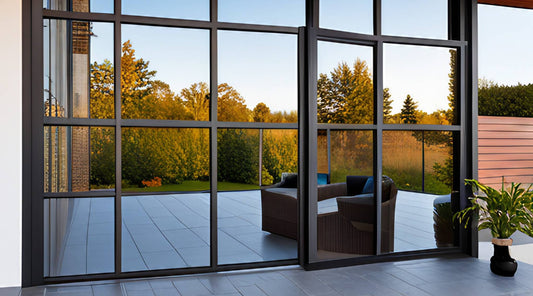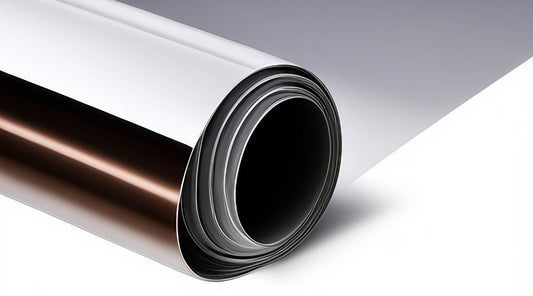Is window film bad for double pane windows? That’s a smart question. Some people say yes and share horror stories about cracked glass and foggy panes. Others swear by it. The truth sits somewhere in the middle. In this guide, I’ll walk you through what double pane windows are, how window film interacts with them, and what you need to watch out for. You’ll learn what works, what doesn’t, and how to avoid common problems. And I’ll share some real stories along the way. Let’s clear the glass—literally.
What Are Double Pane Windows?
Double pane windows have two pieces of glass with a space between them. That space is filled with air or a special gas. This design helps keep your house warm in winter and cool in summer. It also blocks outside noise and cuts down on energy bills.
These windows are common in Canadian homes because of our wild weather. One week it’s snowing, the next you’re sweating. Double pane windows help keep your home comfortable year-round.
They also reduce noise. If you live near a busy road or a noisy neighbour, you’ll appreciate the peace they bring. Plus, they help stop indoor moisture from building up on your windows.
But they aren’t perfect. Over time, the seal between the glass panes can wear down. That can let in moisture and cause fogging. It’s one reason why people look into window film—to give their windows a boost without replacing them.
What Is Window Film and How Does It Interact with Glass?
Window film is a thin layer that sticks to glass. People use it to block heat, reduce glare, stop UV rays, or add privacy. Some films also make glass stronger against break-ins.
Here are some common types:
- Solar film: Blocks heat and sunlight.
- Security film: Makes the glass harder to break.
- Decorative film: Adds a frosted or patterned look.
- Low-E film: Helps reflect heat back into your home.
- Privacy film: Blocks the view from outside.
Window film can be helpful, but the wrong kind can cause problems. Some films trap heat between the glass panes. If the glass gets too hot, it might crack or break the seal.
This mostly happens with dark or cheap films, or if the film is added without knowing the window’s specs. I’ve seen people use DIY kits that ended in disaster. One homeowner had fog build up inside the panes after using the wrong film. Another ended up with peeling film just a few months later.
But if you use a high-quality film that’s made for double pane windows, and have it installed by a pro, you can avoid all of that. At Tintly Window Films®, we use the right film for each type of window. We also cut the film by hand for a smooth edge, which helps it last longer.
Final Thoughts
Window film can work well on double pane windows if you use the right product and install it the right way. Problems happen when people use the wrong film or install it without knowing how their windows are built.
If you want better comfort, lower energy bills, or more privacy without ruining your windows, good film and expert help make all the difference.
Frequently Asked Questions
1. Can I put window film on double pane windows without damaging them?
Yes, as long as the film is made for double pane glass and installed correctly by a professional.
2. Will window film void my window warranty?
It might, depending on the film and how it's applied—always check your window manufacturer’s warranty terms first.
3. What kind of window film is safe for double pane windows?
Use high-quality, IGU-safe films with low absorption rates like solar or Low-E films designed for insulated glass.
4. Can window film help with condensation between the panes?
No, if condensation is between the panes, that usually means the seal is broken and film won't fix it.
5. Is DIY window film a good idea for double pane windows?
DIY kits often lead to issues like bubbling, seal failure, or cracking—professional installation is strongly recommended.




